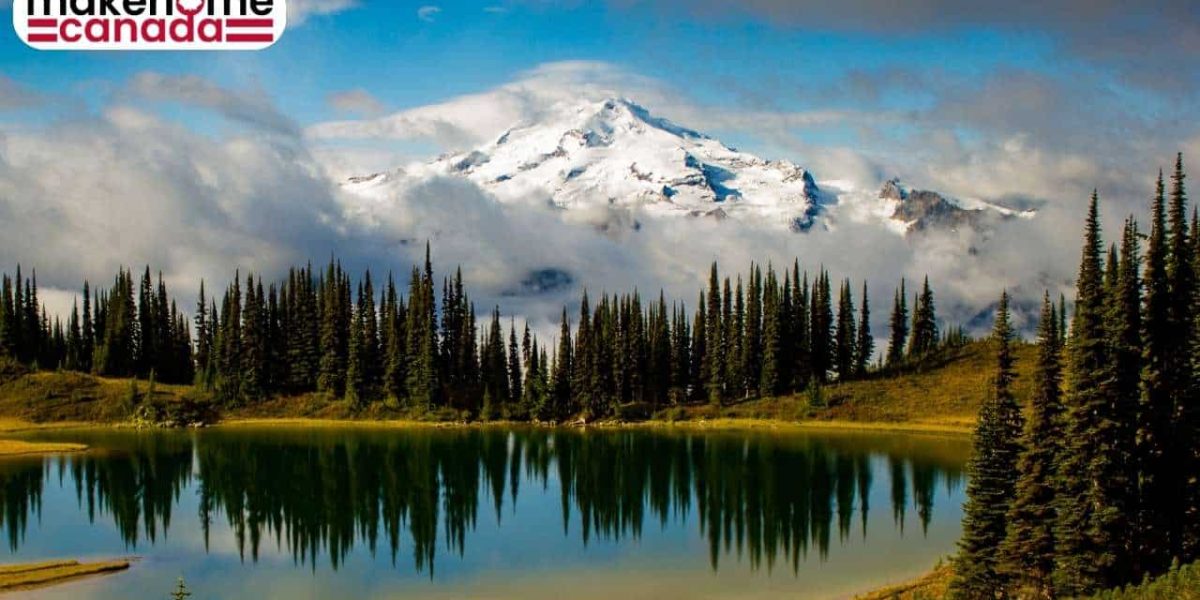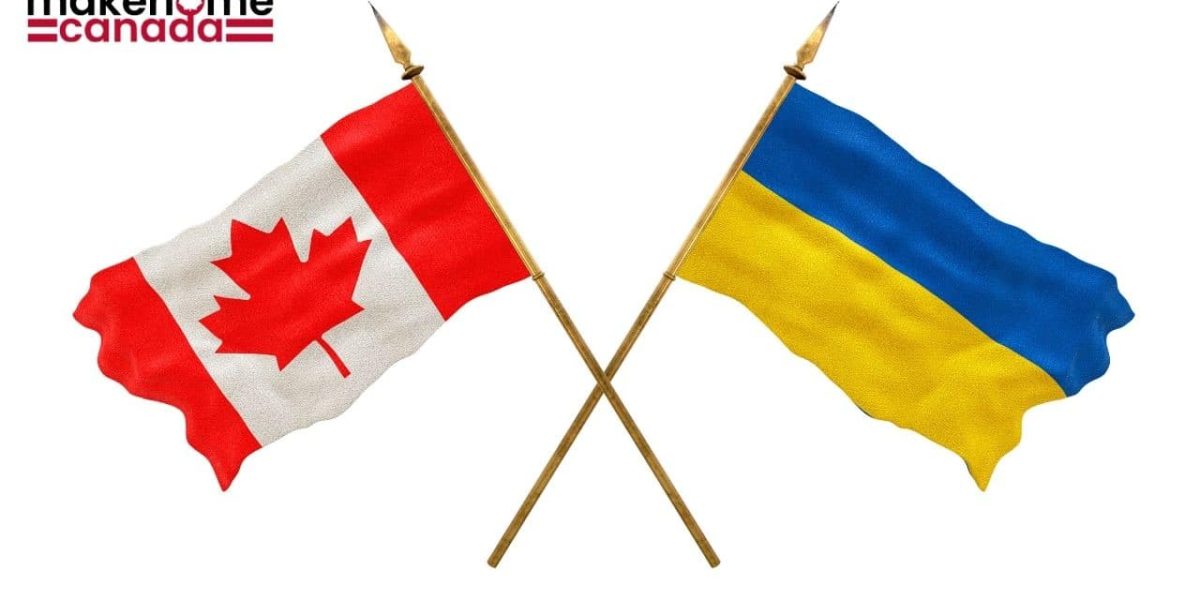Exploring life for newcomers in Delta could lead them to make better decisions while moving to Canada. This city in British Columbia offers several activities for outdoor enthusiasts and forms part of the Greater Vancouver. It is a short distance of 22 km from the border of the United States. Delta boasts a diverse landscape, such as marshes, rivers, beaches, and farmlands. Its location is at the mouth of Fraser River and offers splendid waterfront views and ample recreational opportunities.
Since Delta is amidst water on three sides, it proves to be the best location for those who love outdoor activities. It is the most significant municipality in the regional district of Greater Vancouver. It is also home to multiculturism and individuals from diverse backgrounds contribute massively to the vibrant community prevalent in the city. Numerous festivals, events, and culinary experiences add to the city’s vibrant charm.
Exploring life for newcomers in Delta
Situated just 27 km from Vancouver, Delta is a haven for families seeking serene neighborhoods nestled amidst nature’s embrace. Here, residents revel in the tranquility of safe streets, surrounded by lush greenery, while still enjoying easy access to urban opportunities. Delta’s allure lies in its rich history, dating back to 1791 when European settlers first laid eyes on its pristine landscapes. Despite its isolated beginnings, the introduction of ferry services and highway access in 1962 opened Delta’s doors to connectivity and growth. Notably, in 2017, the city underwent a significant transformation, transitioning from the Corporation of Delta to its present-day designation as the City of Delta.
Delta consists of three neighborhoods that differ from each other, including North Delta, Tsawwassen, and Ladner. North Delta has emerged as the most prominent of all three communities. Most residents are middle-class individuals who commute on a routine basis to Vancouver and different locations for work purposes.
Ladner is a community that believes in preserving the environment of a fishing village that belongs to the 19th Century. Most residents here work in either farming or fishing occupations. Additionally, Tsawwassen happens to be an elite community with wonderful houses and also consists of the Tsawwassen Indian Reserve.
Population in Delta, British Columbia
The 2021 Census data claims that Delta’s population is around 108,455 residents. This indicates a growth of 6.1 percent increase in population since 2016. This city has the 10th largest population in British Columbia.
Finding jobs and Building a career in Delta
Due to its fertile soil, Delta is predominantly known for its agricultural regions in Vancouver. However, the Agricultural Land Reserve’s guidelines prohibit the land in Delta from being used for suburban housing. One of the communities in Delta is Ladner and it is a fishing and farming village.
However, situated in the northeast of Delta lies North Delta, a thriving suburban enclave home to over 51,623 residents. Predominantly a middle-class bedroom community, North Delta sees a majority of its workforce residing within its borders while commuting daily to nearby cities for work opportunities.
Tsawwassen serves as a picturesque backdrop for numerous film productions, drawing on its scenic vistas for settings. Among the notable productions filmed in Tsawwassen are
- The X-files,
- Jumanji,
- Smallville,
- Insomnia, and
- X-men: The Last Stand.
Delta’s chief industries include:
- Manufacturing
- Agriculture
- Construction
- Transportation
- Film
- Retail
Significant employers in Delta
The top employers in this city are in three major industries: manufacturing, agriculture, and farming. They are as follows:
- TDK Logistics Inc.
- BC Fresh Vegetables Inc.
- GCT Global Container Terminals Inc.
- British Columbia Ferry Corp
- Ocean Trailor
- Canadian Autoparts Toyota Inc.
- TJ Maxx
Delta’s career pathways
Residing in Delta offers one of the major advantages to people as they have the option to work in the local economy or travel daily to different areas in the Greater Vancouver region. Individuals will never run short of job opportunities if they reside here, and they can access sites such as bcjobs.ca and WorkBC. In addition, they might even connect with the following recruitment agencies:
- Recruiting in Motion
- Robert Half
- Impact Recruiting
- Randstad Canada
Exploring life for newcomers in Delta – Understanding the housing market in this city
There are three surrounding areas prevalent in Delta, and they are all significantly different from each other. These include Ladner, North Delta, and Tsawwassen. North Delta is the greatest residential area, comprising over 50 percent of the municipality’s population. Cost-effective housing is one chief reason why most immigrants and Canadians prefer this city. They are ready to even commute to different areas for work purposes in metro Vancouver.
Ladner, alongside Tsawwassen, collectively forms the charming region known as South Delta. Steeped in history, Ladner retains its identity as a quaint fishing village, with its architectural landscape adorned by structures echoing bygone eras. The real estate market in Ladner encompasses a variety of housing options. These include ranch-style residences, duplexes, waterfront townhouses, riverfront condominiums, and unique floating homes.
The housing expenditure in Delta, British Columbia
The cost of living in Delta is above the national average, making it one of the most expensive cities in Canada for rental or purchasing a real estate. However, it offers increased affordable housing to new immigrants compared to Metro Vancouver.
Getting a rental place in Delta
Rental rates in Delta closely mirror those in Vancouver, presenting challenges for those seeking affordable accommodation. It’s uncommon to find rental properties priced below $2,000 per month, aligning with Vancouver’s average rental rates. For instance, the average monthly rent in Vancouver for a Bachelor’s is $2,048. It is $2211 for a one-bedroom, $3421 for a two-bedroom, and $4973 for a three-bedroom apartment. These figures notably exceed rental costs in smaller cities across the country. Explore our Rentals for Newcomers platform for available options.
While renting a home or apartment, newcomers must also think about renter’s insurance. Since, renter’s insurance is an alternative, several landlords might insist on having it.
Purchasing a home in Delta
Delta’s housing market is integrated into the broader context of Greater Vancouver, contributing to the region’s overall cost of homeownership. Housing affordability remains a significant issue within the city. According to Royal LePage, the average home price in Greater Vancouver, encompassing Delta, stands at $1,253,300, marking a notable year-over-year increase of 17.1%. Specifically, the median price for a single-family detached home is $1,707,900, while condos have a median price of $717,200.
Exploring the transportation system in Delta for newcomers
Numerous highways are a part of this city and it is a major hub for transportation for the Lower Mainland. A majority of cars departing from Vancouver to travel to the United States pass through. Moreover, it is a well-known route for individuals traveling to Vancouver island under the ferry terminal of Tsawwassen.
Massive highway routes are as follows:
- Highway 99 – It connects Delta with Richmond through the George Massey Tunnel.
- Alex Fraser Bridge and Highway 91 – These connect North Delta to Richmond and New Westminster.
- Highway 10 connects Delta to Langley, Surrey, and all Eastward points.
- Highway 17 comprises sections associated with Lower Mainland and Vancouver island linked by the B.C Ferry Terminal, Tsawwassen.
Public transit existing in Delta
Translink, The Greater Vancouver Transit Authority, manages Delta’s bus routes and schedules, ensuring connectivity with neighboring communities. Delta falls within Translink’s Green Zone, one of three fare zones. Fares rely on the number of zones crossed during travel, with Transit Fare holders eligible for unlimited transfers within 90 minutes across designated zones. Exact coin fare is necessary for bus payments. On the other hand, Prepaid Fare Media offers savings for frequent travelers.
After 6:30 pm on weekdays, while on weekends and vacations, commuters enjoy one-zone fares for travel anywhere. Children under four ride for free, while concession costs apply to children aged 5-13, high-school students, and seniors aged 65+.
Exploring life for newcomers in Delta – Accessing community support
New immigrants in British Columbia might also qualify for the beginning the British Columbia program through the province’s Immigrant Services Association. Different organizations outside Vancouver are as follows:
- SUCCESS BC Settlement and Integration
- Settlement Orientation Service
- MOSAIC
- Immigration Services Society of BC
Improving language skills in Delta
Permanent residents have access to various language courses at The Language Instruction for Newcomers to Canada. In addition, Delta Community College provides instructional programs, and students can get assistance through the Surrey Language Assessment Center.
Understanding the education system in Delta
The Delta School District accommodates nearly 16,000 students across its 24 elementary schools and seven secondary schools. Additionally, it oversees the Delview Adult Centre and the Delta Resource Centre. For families seeking alternative educational approaches, the Ministry-funded Distributed Learning program, Home Quest, offers a flexible option.
The district also facilitates French Immersion programs, fostering bilingualism among students. Collaborating with Canadian Parents for French–Delta Chapter, the district promotes French language and culture through camps, scholarships, and French courses at L’Alliance Française in Delta for both adults and children.
As for the Post-Secondary education in Delta, there is only one post-secondary institution. However, there are a plethora of significant universities and colleges near Vancouver.
Acquiring Medical Care in Delta, British Columbia
With a student population nearing 16,000, the Delta School District manages 24 elementary schools, seven secondary schools, the Delview Adult Centre, and the Delta Resource Centre. Families exploring alternative educational methods can consider Home Quest, a flexible Distributed Learning program funded by the Ministry. Additionally, the district supports French Immersion initiatives, encouraging bilingualism. Teaming up with Canadian Parents for French–Delta Chapter, it organizes language camps, grants scholarships, and facilitates French courses in Delta for individuals of all ages.
With its strong sense of community, access to quality education and healthcare, and proximity to urban centers like Vancouver, Delta stands as an ideal city for those seeking a balanced and fulfilling lifestyle. Whether exploring its picturesque parks, savoring international cuisines, or immersing oneself in its diverse cultural offerings, Delta promises a warm welcome and a world of possibilities for all who call it home.
Do you have any general queries or concerns regarding Canadian immigration? Let our expert guides at Make Home Canada help you get all the answers. We are just a call away; stay connected at 1-800-979-0509 or simply email your concerns to [email protected].




